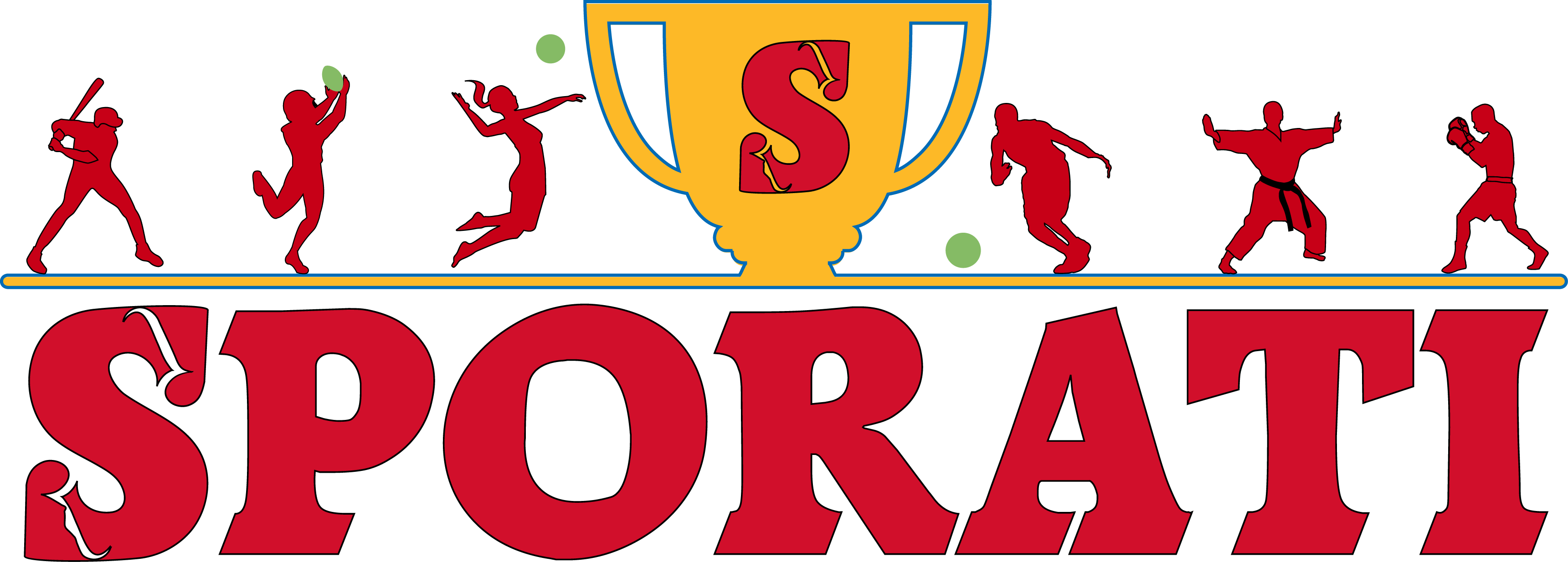Milano Cortina Doping Rules
The International Olympic Committee (IOC) has officially approved the anti-doping rules for the upcoming Milano Cortina 2026 Winter Olympics and the Dakar 2026 Youth Olympic Games. These updated regulations, developed in collaboration with the World Anti-Doping Agency (WADA), aim to maintain the integrity of sports by ensuring a level playing field for all athletes. With doping scandals continuing to cast shadows over international competitions, these stringent measures are a vital step forward.
Commitment to Clean Sport
The world of sports is no stranger to doping controversies. Over the years, high-profile cases have threatened the integrity of major competitions. The IOC remains firm in its zero-tolerance approach to doping, reinforcing its commitment to fair play with these updated rules.
By aligning with the World Anti-Doping Code, the Milano Cortina 2026 anti-doping framework ensures that all athletes abide by the same rules, irrespective of their nationality. This streamlined approach enhances transparency and reinforces trust in the sporting community.
The Role of the International Testing Agency (ITA)
The International Testing Agency (ITA) will be spearheading the anti-doping program at both Milano Cortina 2026 and Dakar 2026. Tasked with planning, implementing, and overseeing all doping control operations, the ITA plays a crucial role in maintaining the highest ethical standards in Olympic competition.
The ITA will work in close collaboration with WADA to conduct in-competition and out-of-competition testing, analyz e samples, and investigate potential doping violations. Their expertise ensures that every step follows strict regulatory protocols.
Key Highlights of the Anti-Doping Rules
- Strict Adherence to WADA Guidelines: The framework is fully compliant with the WADA International Standard.
- Expanded Testing Procedures: Both in-competition and out-of-competition testing will be intensified.
- Advanced Sample Storage & Reanalysis: Collected samples may be stored for up to ten years for further testing.
- Tougher Penalties for Violators: Stricter sanctions will apply to those found guilty of doping offenses.
Why Sample Reanalysis Matters
Athletes should take note: Samples collected during Milano Cortina 2026 could be re-examined for up to a decade. This means that even if an athlete evades detection initially, advancements in testing technology could still uncover banned substances years down the line.
What This Means for Athletes
With these anti-doping measures in place, athletes must be more vigilant than ever about what they put into their bodies. All competitors competing in Milano Cortina 2026 and Dakar 2026 must thoroughly check supplements, medications, and medical treatments to ensure they do not violate doping regulations.
Education & Awareness are Key
To help athletes navigate these strict policies, the IOC and ITA are rolling out comprehensive awareness programs, including:
- Workshops & online courses on anti-doping regulations
- Detailed guidelines on prohibited substances
- Resources on therapeutic use exemptions (TUEs)
Final Thoughts
The newly approved Milano Cortina 2026 anti-doping rules reflect a steadfast commitment to the Olympic values of fair play, integrity, and respect. The enhanced testing procedures, international collaboration, and long-term sample reanalysis underscore the IOC’s determination to eliminate doping from elite sports.
As we count down to these highly anticipated Games, one thing is clear: The fight against doping is more relentless than ever. For athletes, the message is simplecompete clean, or face the consequences.

